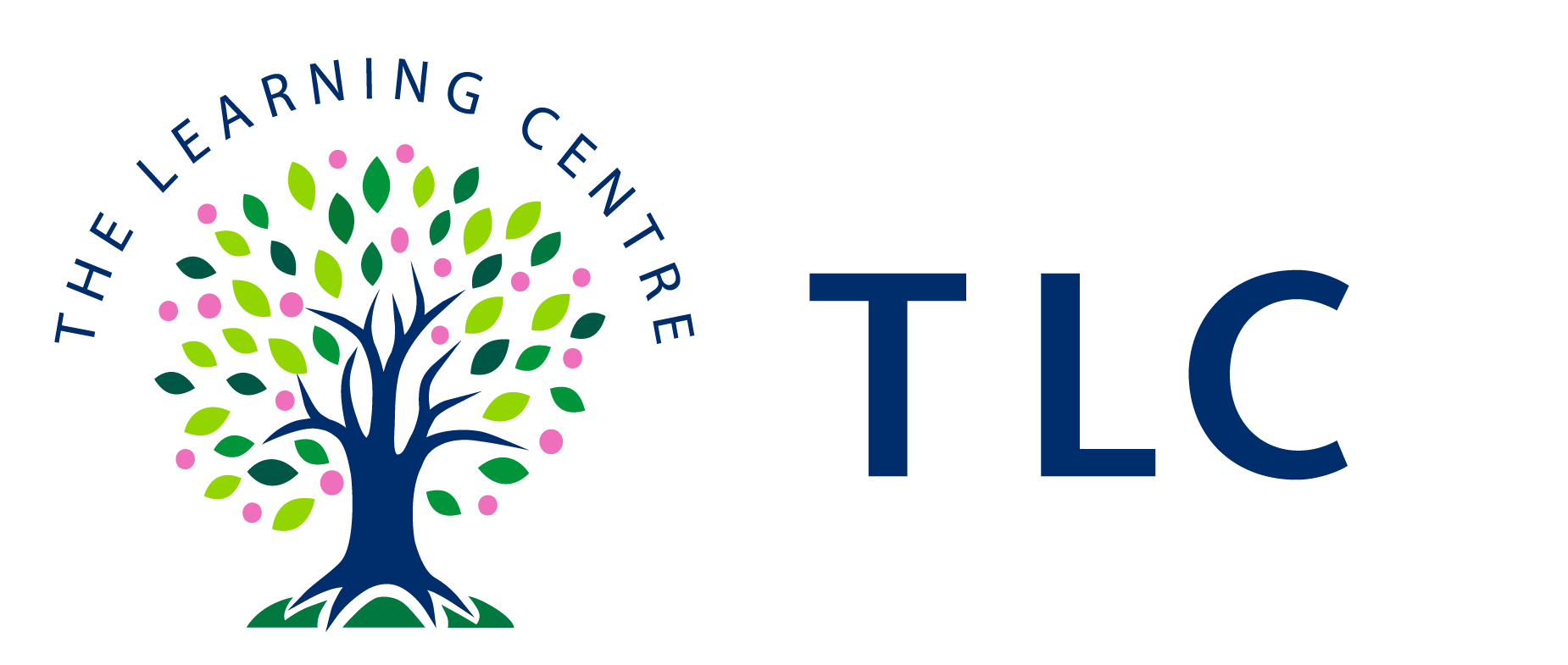Qualifications & Examinations
With support from families and the staff team, we help learners decide on which qualifications they can achieve and what they require for their next phase/Post-16 options.
GCSE Courses
Our GCSE programme provides a fantastic educational pathway that all KS4 learners have the opportunity to access. We offer GCSE courses in English Literature, English Language, Mathematics, Science, Statistics, Sociology and Art.
The AQA GCSE in Mathematics provides a broad and coherent course of study. It encourages learners to develop confidence in, and a positive attitude toward, mathematics and to recognise the importance of mathematics in their own lives and to society.
This specification enables learners to:
- develop fluent knowledge, skills, and understanding of mathematical methods and concepts;
- acquire, select, and apply mathematical techniques to solve problems;
- reason mathematically, make deductions and inferences, and draw conclusions; and
- comprehend, interpret, and communicate mathematical information in a variety of forms appropriate to the information and context.
Assessment consists of three examinations, one non-calculator paper, and two calculator papers.
The AQA English Language GCSE provides a specification designed to be highly accessible, broad, and interesting. Learners develop their ability to read critically, write effectively and coherently, use grammar correctly, and expand their vocabulary.
This specification enables learners to:
- read fluently, and with a good understanding, of a wide range of texts from the 19th, 20th, and 21st centuries, including literature and literary non-fiction as well as other writing such as reviews and journalism;
- read and evaluate texts critically and make comparisons between texts;
- summarise and synthesise information or ideas from texts;
- use knowledge gained from wide reading to inform and improve their own writing;
- write effectively and coherently using Standard English appropriately;
- use grammar correctly and punctuate and spell accurately;
- acquire and apply a wide vocabulary, alongside a knowledge and understanding of grammatical terminology, and linguistic conventions for reading, writing and spoken language; and
- listen to and understand spoken language and use spoken Standard English effectively.
Assessment for GCSE English Language consists of two written examinations. Paper 1 focuses on fiction text whilst Paper 2 has a focus on non-fiction. Both papers are equally weighted towards the final grade with each paper worth 50%. Learners have to sit a formally conducted and filmed Speaking and Listening task that is assessed and graded at pass, merit, and distinction; however, this does not contribute to the final grade.
The AQA GCSE in Combined Science, Trilogy, provides a broad and coherent course of study. It encourages learners to develop confidence in, and a positive attitude toward Science in real world, so as to recognise the importance of Science in their own lives and in society.
This specification enables learners to:
- develop practical experimenting skills;
- acquire an awareness of how Science affects everything in their lives;
- reason scientifically, making deductions and conclusions; and
- comprehend scientific concepts, so as to make better sense of their environments
Assessment consists of six examinations, two Biology papers, two Chemistry papers and two Physics papers.
Functional Skills
Those learners not participating in GCSE courses in KS4, are able to pursue Functional Skills qualifications in English and Mathematics.
Functional Skills English qualifications enable learners to develop confidence and fluency in, and a positive attitude towards English. Learners will be able to competently use English in the real world and gain a sound grasp of basic English knowledge and skills. They also help learners progress into further education and develop skills for everyday life.
Functional Skills Mathematics qualifications enable learners to gain confidence in using mathematics. They provide a foundation for learners to progress into further education and develop skills for everyday life. Learners will show a sound grasp of the basic and underpinning maths skills at the appropriate level, and apply mathematical thinking to solve simple problems in familiar situations.





